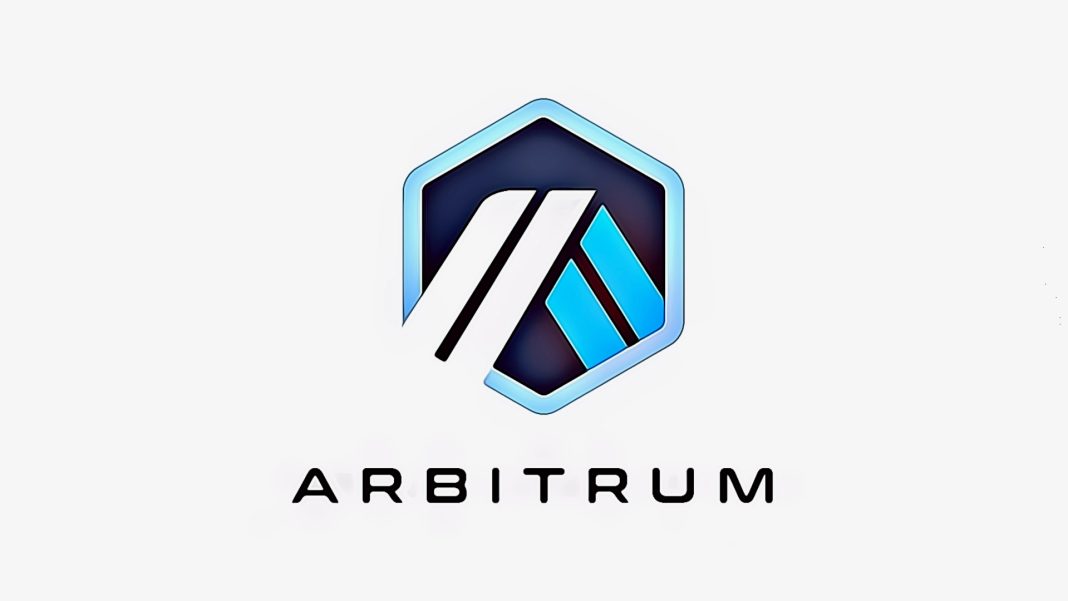Arbitrum’s native token, $ARB, has been trading below $1 for the past two weeks, experiencing a significant 33% drop over the last 30 days.
Earlier today, two wallets associated with @GSR_io deposited a total of 3.466 million $ARB (approximately $3.92 million) to Binance, depleting their $ARB holdings.
10 hours ago, 2 wallets (belong to @GSR_io) deposited totally 3.466M $ARB (~$3.92M) to #Binance.
Those are last $ARB in these 2 wallets.
Addresses:https://t.co/3P0txcWO9Chttps://t.co/BjIjlwO7wE pic.twitter.com/PfxX5V5NWR
— The Data Nerd (@OnchainDataNerd) June 26, 2024
Despite the bearish sentiment, the Arbitrum DAO has proposed an intriguing initiative to launch $ARB staking. The proposal suggests using 50% of surplus sequencer fees to reward $ARB stakers.
With 12,000 ETH in annual fees and $ARB priced at $1, this could offer an attractive 7% annual percentage yield (APY) for stakers.
Arbitrum DAO is proposing to launch $ARB staking.
This time, 50% of surplus sequencer fees will be used to reward ARB stakers.
With 12,000 ETH in annual fees and an ARB price of $1, this translates to a 7% APY.
The catch: tokens must be staked and delegated to a delegate with… pic.twitter.com/MCPeTo54Kq
— Ignas | DeFi (@DefiIgnas) June 25, 2024
The ARB New Staking Proposal Receives Public Acceptance
The proposal has garnered positive public feedback, even though staking would not commence until at least September. A key aspect of this proposal is the requirement for staked tokens to be delegated to a delegate with a Karma Score.
This score reflects their participation in DAO forums and votes, both off-chain and on-chain. Delegates would earn 1% of the surplus fees, incentivizing active governance participation.
This move aims to fortify the DAO, which currently holds over $50 million in surplus fees in its treasury but sees only 10% of $ARB actively participating in governance.
The limited engagement makes the DAO susceptible to attacks. By sharing a portion of its revenue with token holders, the DAO seeks to enhance its security and incentivize more active participation.
As regulatory environments improve and successful proposals like this one are implemented, it is hoped that other DAOs with substantial treasuries will adopt similar revenue-sharing mechanisms. This could lead to a more robust and participatory governance model across the decentralized finance ecosystem.
Disclosure: This is not trading or investment advice. Always do your research before buying any cryptocurrency or investing in any services.
Follow us on Twitter @themerklehash to stay updated with the latest Crypto, NFT, AI, Cybersecurity, and Metaverse news!

